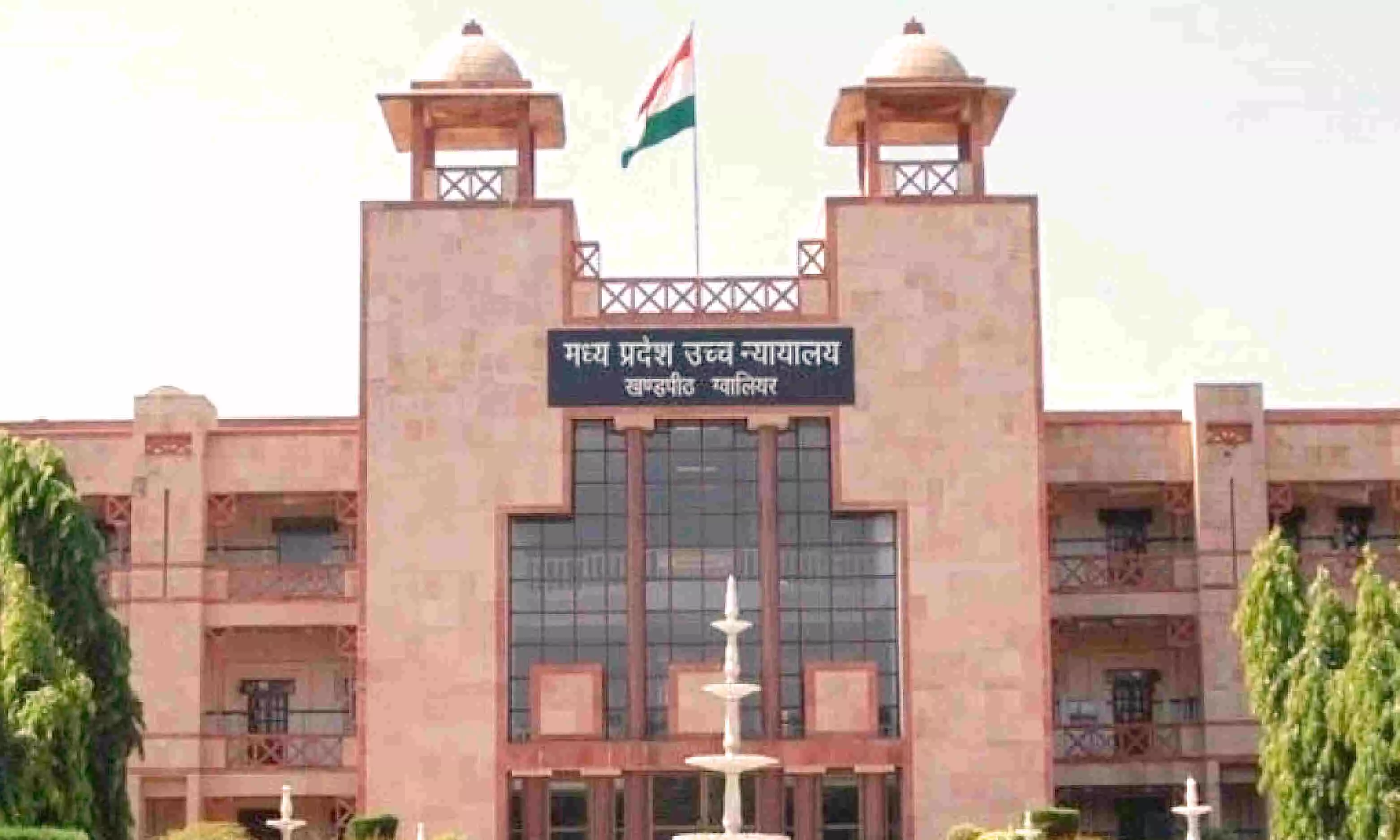
Madhya Pradesh HC Dismisses Plea For Separate Recognition Of High Court Advocates Bar Association, Jabalpur
 |
|The Madhya Pradesh High Court underscored that establishing a parallel body lacked justification when the existing bar association was effectively fulfilling the objectives laid out in the Advocates Act and the Adhivakta Kalyan Nidhi Adhiniyam of 1982.
The High Court Advocates Bar Association, Jabalpur, which had sought recognition as a separate entity, is a splinter group of the Madhya Pradesh High Court Bar Association and comprises around 330 lawyers, including Senior Advocates. Their application for recognition was turned down by the State Bar Council in 2018 on the grounds that only one Bar Association could be officially recognized.
A Division Bench of Justice Vivek Agarwal and Justice Avanindra Kumar Singh said, “prima facie there is no justification for recognizing a parallel body without there being any averment that their members are being not administered the socially beneficial provisions of either the Advocates Act of 1961 or the Act of 1982.”
Senior Advocate Anil Khare appeared for the Petitioner and Advocate Udyan Tiwari appeared for the Respondents.
The Bench pointed out that there was no evidence or claim suggesting that members of the petitioning association were being denied the benefits of these welfare schemes provided by the existing associations.
The Court observed that the Advocates Act aimed at integrating the legal profession under a single class known as advocates and only sought to classify them into two categories based on merit, i.e., senior advocates and other advocates. It reiterated that the primary purpose of a Bar Association is to ensure the implementation of welfare schemes for its members.
The Court highlighted that the members of the petitioner association were already benefiting from welfare schemes as they were also members of either the High Court Bar Association or district Bar Association, both of which are recognized by the Bar Council. The Court found no evidence or argument indicating that these members were being deprived of any benefits.
Therefore, the Court concluded that there was no illegality, irrationality, or procedural impropriety in the decision of the State Bar Council. The Court added, “Thus, when it is not contended that by denying the recognition, the act of the State Bar Council has caused any affect to the fundamental freedom of petitioner Association, it cannot be said that petitioners have any right to seek separate recognition without there being any object for the same, specially when it has failed to make out a case that its members are being denied benefits of the welfare scheme, which they are even otherwise getting by virtue of their dual membership, High Court Bar Association or district Bar Association which are recognized Bar Associations.”
Cause Title: High Court Advocates Bar Association v. Bar Council Of India New Delhi & Ors.
Appearance:
Petitioner: Senior Advocates Anil Khare, Manoj Sharma, and Sanjay Agrawal, along with a team of Advocates K.N. Fakhruddin, Rajmani Mishra, Abhishek Gulatee, Manoj Kumar Rajak
Respondents: Advocate Udyan Tiwari represented the Bar Council of India, Advocate Vipin Yadav represented the State Bar Council, Advocate Sanjay Verma represented the Madhya Pradesh High Court Bar Association, and Advocate Ravindra Gupta represented the Democratic Lawyers Forum.
Click here to read/download Judgment